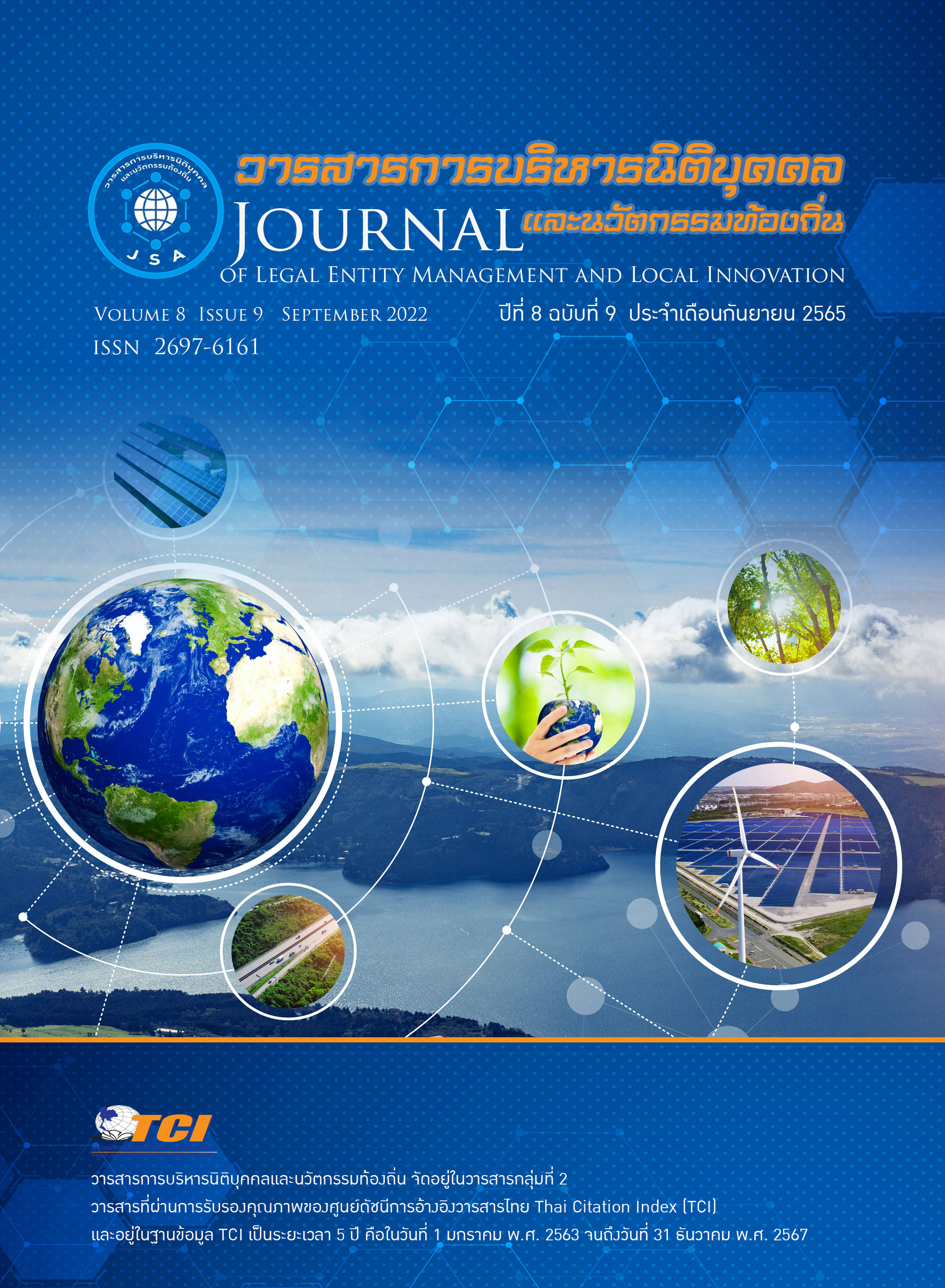Structural Model of Influential Factors on Generation Z Tourists’ Behavioral Intention in Museum Tourism during Covid-19 Pandemic
Keywords:
Museum Tourism, Perceived Safety, Trust, Covid-19Abstract
This article’s objectives aim to study the levels and the influential of factors effecting on generation Z tourists’ behavioral intention in museum tourism during Covid-19 pandemic. This research applied quantitative research methodology. The research tool was online questionnaires that was comprised of 300 generation Z tourists, who were between 18 – 24 years old and were experienced travelling to museum in Thailand, by using convenience sampling. The results showed that the level of perceived safety, trust and behavioral intention are in the highest level. The result of the Structural Equation Model (SEM) indicated that the model fit well to the empirical data by the indicators of Chi-Square = 32.833, df = 22, Relative Chi-Square = 1.492, p-value = .064, RMSEA = .041, RMR = .006, GFI = .975, NFI = .986, TLI = .993, CFI = .995. Perceived safety has positive direct effect on trust and behavioral intention at 0.001 statistically significant level. Furthermore, trust has positive direct effect on behavioral intention at 0.010 statistically significant level. It means all three hypotheses are supported. Moreover, it is found that trust also has a mediation effect between perceived safety and behavioral intention of generation z tourists’ behavioral intention in museum tourism during covid-19 pandemic at 0.001 statistically significant level.


